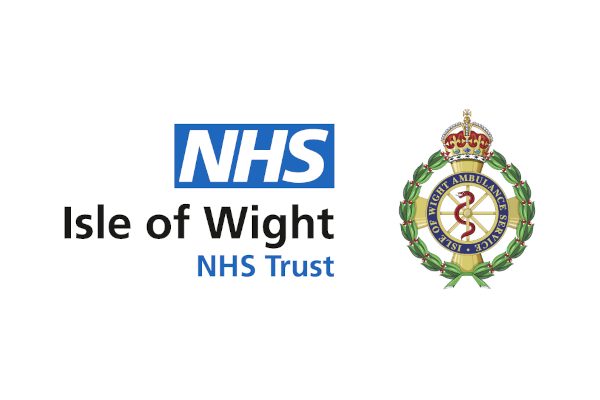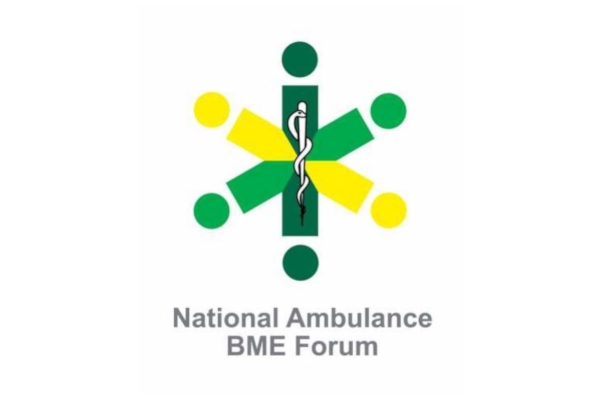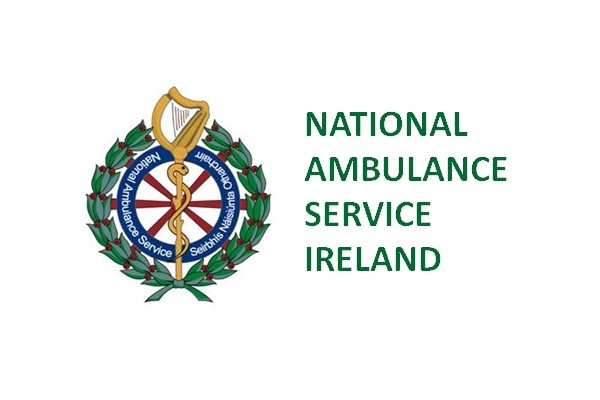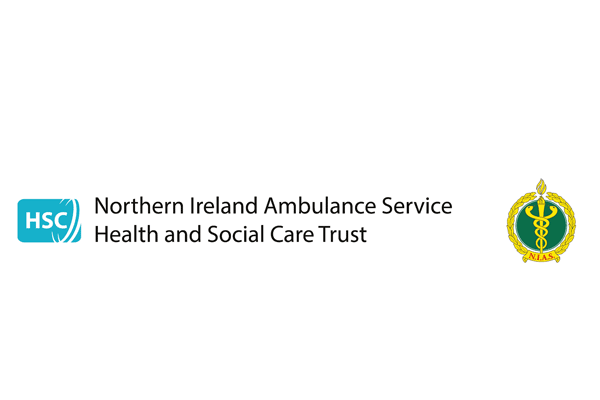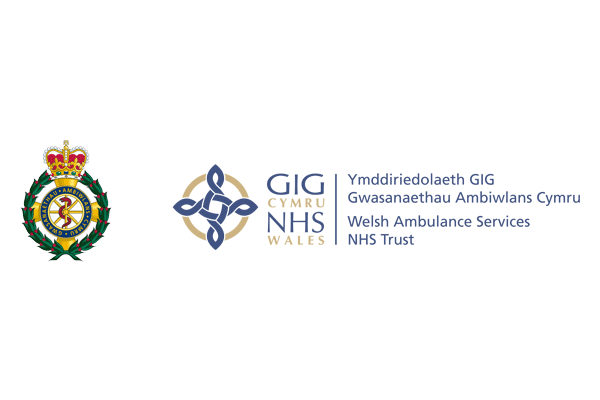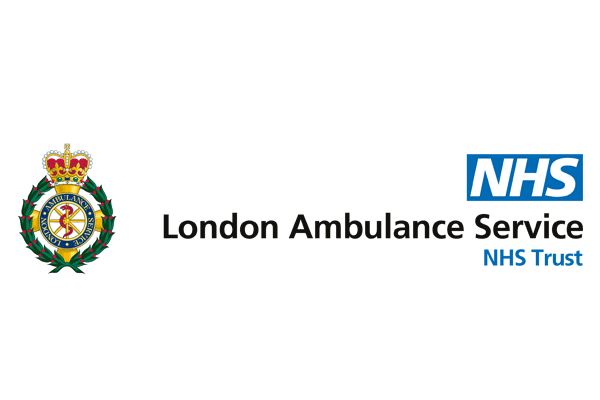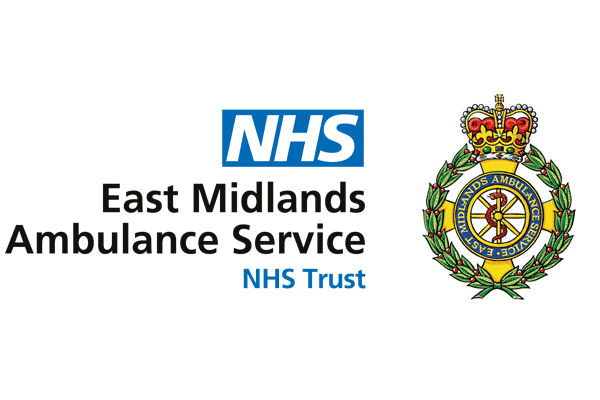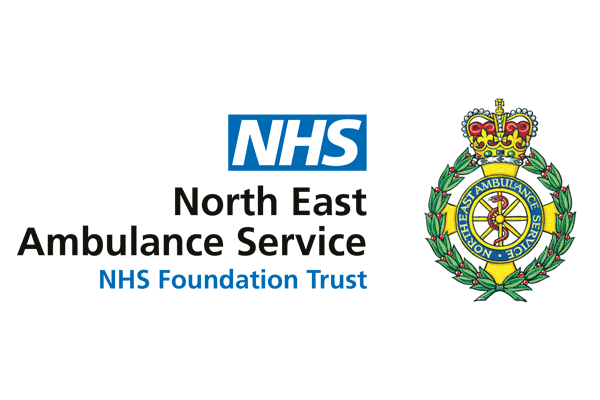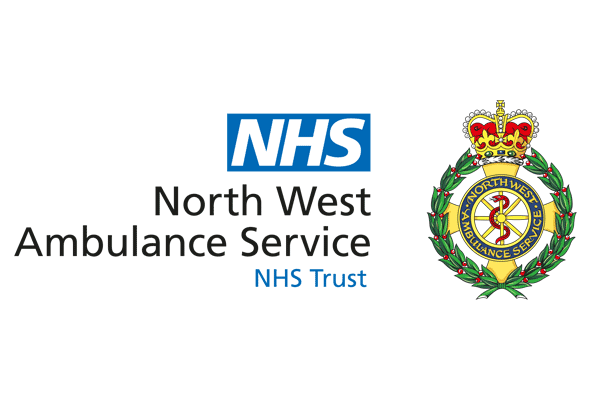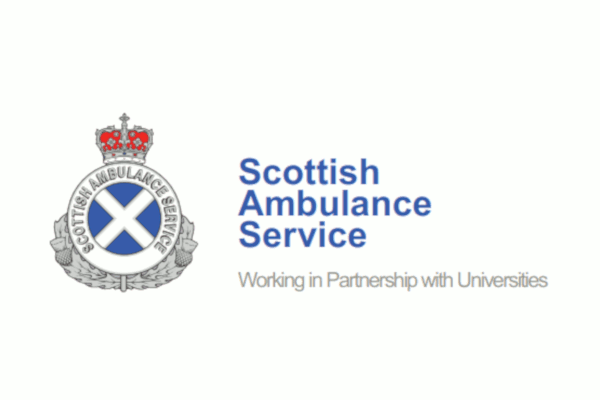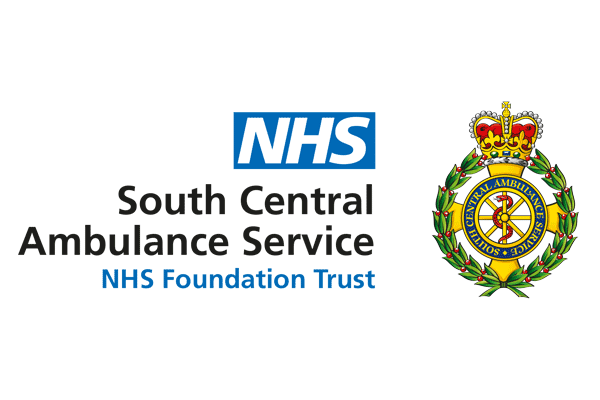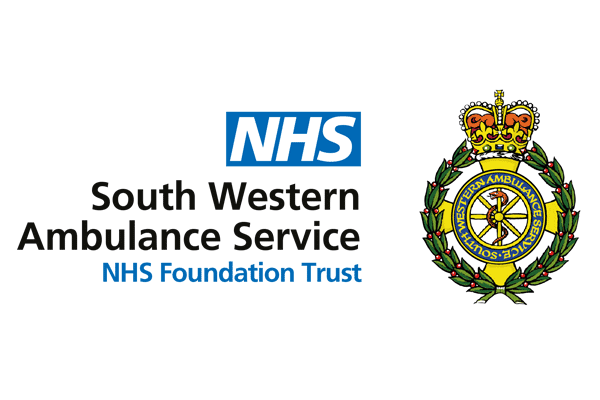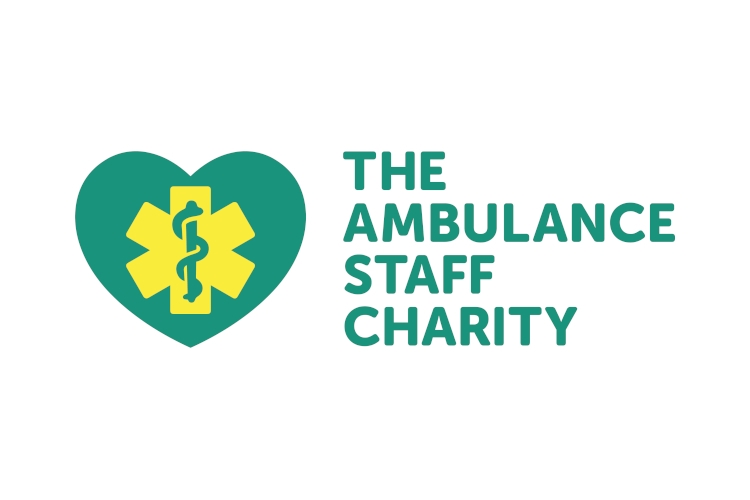
As we progress to the next stage of the national volunteering strategy, we take a moment to reflect on the importance of volunteers and the progress made over the last year. We then look forward to our ambitions for the next phase.
Over 9000 people volunteered in the ambulance service last year, contributing at least 1.7 million hours of volunteering to support our patients, staff, and communities.
To match the size, scope and importance of volunteering to the sector, there was an unprecedented level of national coordination between trusts. A first ever national ambulance volunteering strategy was launched in 2023, with trusts working together to share good practice, develop common standards, and pool data. Working together yielded some notable achievements including:
- The National Ambulance Volunteering Dashboard, showcasing volunteer numbers and their impact.
- AACE publishes results of the first ever national volunteering survey of the ambulance service, capturing the experience and feedback of volunteers around the UK
- New guidance on volunteering rewards and recognition
- A national governance framework for Community First Responders
- A volunteer framework for Emergency Preparedness Planning and Response (EPRR)
- And much more…

We plan to build on this success by focusing on three areas for phase two of the national strategy. These are:
Health inequalities and diversity: Volunteers can play a key part in addressing health inequalities as they are active and embedded in the communities we serve. But this also relies on ambulance volunteering having a diverse range of volunteers from all areas of the UK and from different communities. We will work together to improve equality, diversity and inclusivity; engaging more volunteers from ethnic minority backgrounds, as well as volunteers with disabilities, and those from areas of higher deprivation.
Leadership, data and impact: Volunteering is more than a “nice to have”, it is a core part of the ambulance service and plays a vital role in patient care and response times. We will support ambulance leaders to be more confident in engaging and deploying volunteers. We will also support the greater gathering and utilisation of data, in order to better demonstrate the impact of volunteering, and to improve data-informed decision making.
Policy and governance: Volunteers should experience the same high levels of professionalism no matter which trust or role they volunteer in. We will work to ensure greater consistency in policies and governance. This will also reduce unnecessary duplication and checks, and will make it easier for volunteers to move between roles and trusts.

There is much to celebrate in volunteering, and many examples of good practice. Volunteering is at the forefront of innovation, and is regarded as increasingly important in the wider NHS, as outlined in the NHS Long Term Plan. This is further emphasised by our ambulance colleagues below.
Volunteers in the ambulance sector are often among the first to respond in times of crisis. Their willingness to step forward where help is needed most — not only in emergencies but also in helping keep our communities well, alongside community engagement — embodies the spirit of service.
Tom Abell, CEO, EEAST
I want to take the opportunity to highlight the amazing achievements of all those who are supporting the Ambulance Services throughout the UK in a voluntary capacity. Your commitment to the delivery of high quality care, for keeping people safe in your communities and the difference you make every day is outstanding. Thank you all for your service.
Darren Farmer, Director of Ambulance Operations, LAS
A huge thank you to all our ambulance volunteers and to those who lead and support them within ambulance trusts. You really do make a difference to our patients and provide invaluable support to our staff teams.
If you would like to find out more about ambulance volunteering, click here.
If you are interested in getting involved in the national work then please email joe.crook@aace.org.uk

